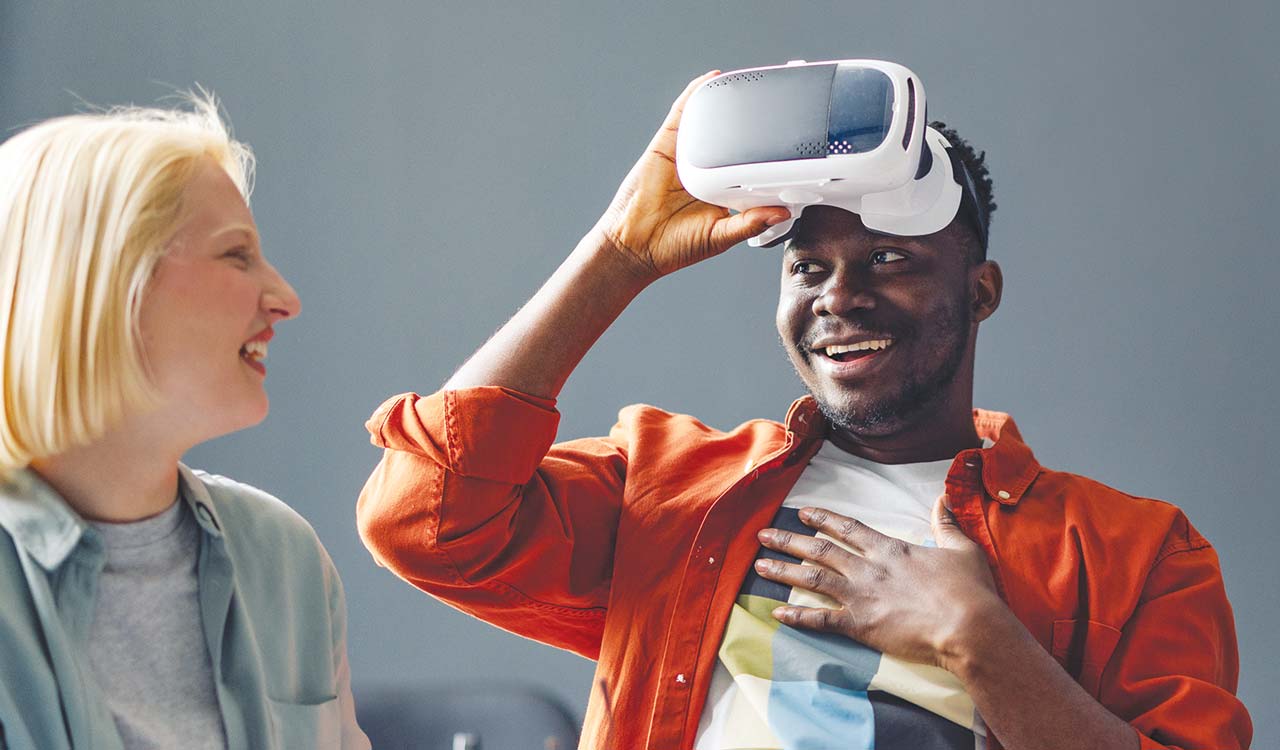“Through a group called Coping with Anxiety Through Virtual Reality, we provide virtual reality devices to each participant and they select two programs to experience during the session,” says Yuko Martin, Director of Allied Clinical Therapies at Princeton House Inpatient service. “After each virtual reality session, the group discusses how they were impacted by what they experienced.”
For the first part of the group session, participants can choose from a number of breathing exercises, mindfulness, and relaxation programs. Their second selection focuses on guided escape and relaxation, such as a visit to a tropical beach, a swim with dolphins, or a stroll through the romantic streets of Paris. The fact that participants can enter the world of virtual reality quickly and be immersed in the experience helps them develop valuable techniques to cope with anxiety.
Plans to Expand
The virtual reality sessions were first introduced to patients with both substance use disorders and a mental health diagnosis, and patients who are receiving medical detoxification service, and are expected to be added to other programs over time. “At some point we hope to offer the virtual reality program to most patients who seek new coping strategies for anxiety, unless their diagnosis would be negatively impacted by it. For example, someone experiencing psychosis would not be a candidate,” says Martin.
Equipment for the virtual reality sessions was purchased through a health innovation grant from the Princeton Medical Center Foundation, and participants are asked to evaluate the success of the experience as part of the funding process.
“The results have been very positive,” says Martin. “Most of the participants find the virtual reality programs help them relax easily and effectively. And, as a result, they can apply those same techniques better when needed at other times.”

